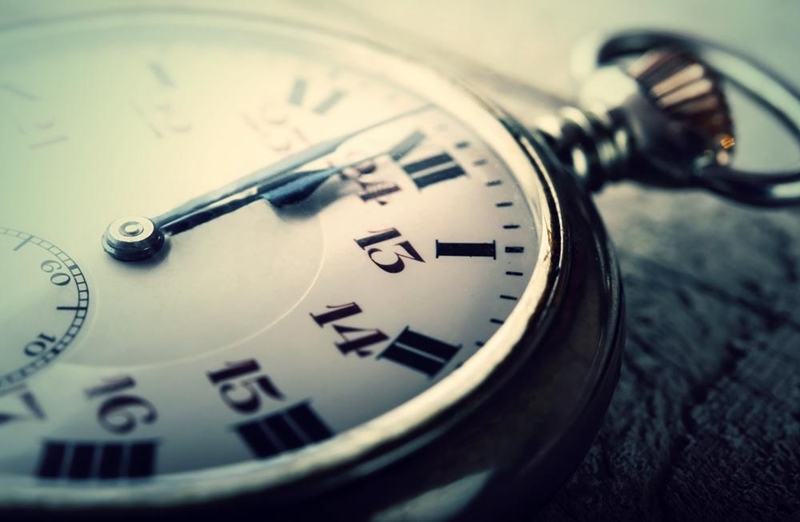The story of the hare and the tortoise taught us valuable lessons that go beyond the schoolyard. The hare could have easily won its race against the tortoise but over-relied on its confidence in winning without adequate preparations. We all know how that one ended – but we see the same mistakes made time after time in the business world.
Confidence in your abilities will take you a long way, but failing to prepare for a challenge will usually lead to disaster. That’s why rehearsing is important for better event management and production. Ensuring every movement made and word uttered is as how you practised will ensure that your event goes down as a total success.
 Remember – the hare lost to the tortoise because it overestimated its abilities.
Remember – the hare lost to the tortoise because it overestimated its abilities.
Failing to plan is planning to fail – the factors to consider
No matter whether your event has ten attendees or a thousand, there are several factors that you need to consider for the occasion:
- Lighting and sound.
- Audio-visual elements, such as videos or presentations.
- Speakers/demonstrations.
- Staging and schedule transitions.
- Setting up the rest of your event space.
Each of these elements play their own role in building towards a more well-run event.
Lighting and sound
This technical equipment adds the razzle-dazzle – but you have to be selective about what and how much you use. Going overboard on the light and sound elements will distract attendees from your message. Too little and the display will not energise viewers. Rehearsing how to operate the equipment not only reduces the risk of mistakes mid-event, you can also assess if these technical elements actually suit your occasion.
Audio-visual elements
Audio-visual videos and presentations are an excellent way of catching the eye and communicating information effectively. However, as with light and sound, the technical issues of running a video isn’t the only element you can check in rehearsal. You may discover a video could be shortened, or more information added. These checks help make the event better.
Speakers/demonstrations
Rehearsing a speech is important, so why wouldn’t you rehearse several at once? Practicing speeches and demonstrations helps event organisers to assess how the audience will receive the information. Is the speaker loud enough? Do all attendees have a clear view? Do those on stage have enough space? Rehearsals help identify these issues before they become a problem mid-event.
Staging
All eyes will be on your stage, so you need to make sure it’s set up for success. Running through assembly and disassembly will save you time later, but will also help you check if issues could arise mid-show. Rehearsing how people will move about onstage and how you will transition between scheduled events will also help to streamline your occasion.
The rest of your event space
Your audience’s space is just as important as the stage or presentation area. Your event is for nought if attendees can’t hear or see what’s going on, so checking acoustics and view obstacles is essential before your begin.
Busting the three common myths about rehearsals
1) Practising makes your event seem robotic – be natural
You know what your event aims are, so why practice? Won’t that make the event seem forced and artificial? This is the most common myth about rehearsing. Preparedness doesn’t equate to a robotic occasion – it ensures attendees clearly understand your event aims and what value they enjoy from being there. On the contrary, ‘being natural’ means if something goes wrong you are unprepared to do anything in response but panic. This indecisiveness can tank your event faster than any mechanical failure or other issue.
2) If you know what you want, you don’t need rehearsal
Imagining how your event will go and it running that way are two entirely different things, regardless of the expertise of your event production team. Your content has got people into the event space – it’s how you schedule and deliver the occasion that will keep them there. Rehearsing ensures the big pieces work first, allowing you to focus on tweaking the smaller event aspects, such as transitions or synced lighting, to increase engagement.
 Those who say there isn’t time to rehearse their event haven’t planned well enough.
Those who say there isn’t time to rehearse their event haven’t planned well enough.
3) There isn’t enough time for rehearsing
If you want your event to succeed, you have to make time to run through it. Ensuring you rehearse the event with everyone involved reduces the risk of errors – and time spent afterwards wondering what went wrong! Working with an external event management and production team can help you streamline your processes and identify areas you can improve before the curtain goes up.
Event management with CMS Australasia as partners
Our team has experience in producing events across Asia-Pacific, meaning you get an expert set of eyes on your event before attendees experience it themselves. Expert analysis helps you to identify crucial issues with your process and management before these mistakes happen live. An event team can also make recommendations on ways to make your event more exciting or streamlined through:
- Using state-of-the-art audio-visual or lighting equipment.
- Assembling a better fit-for-purpose staging area.
- Producing an event video or livestream for those unable to attend.
This insight can help you take your rough-and-ready event to a polished final performance that goes without a hitch and meets every goal you had for the occasion.
For help on getting the most from your next event, contact CMS Australasia for a proposal.

